Suburb of Chicago Sued for Government-Funded Reparations Program for Black Residents
Evanston, Illinois, a suburb of Chicago, is being sued for creating a government-funded reparations program for Black residents.
Judicial Watch, a conservative nonprofit organization, filed this federal lawsuit, claiming that this reparations program discriminates against any Evanston resident who isn’t Black.
The First Reparations Program in the U.S.
Evanston became the first city to create and offer a reparations program in the entire United States. The program was first approved by the Evanston City Council in 2021.
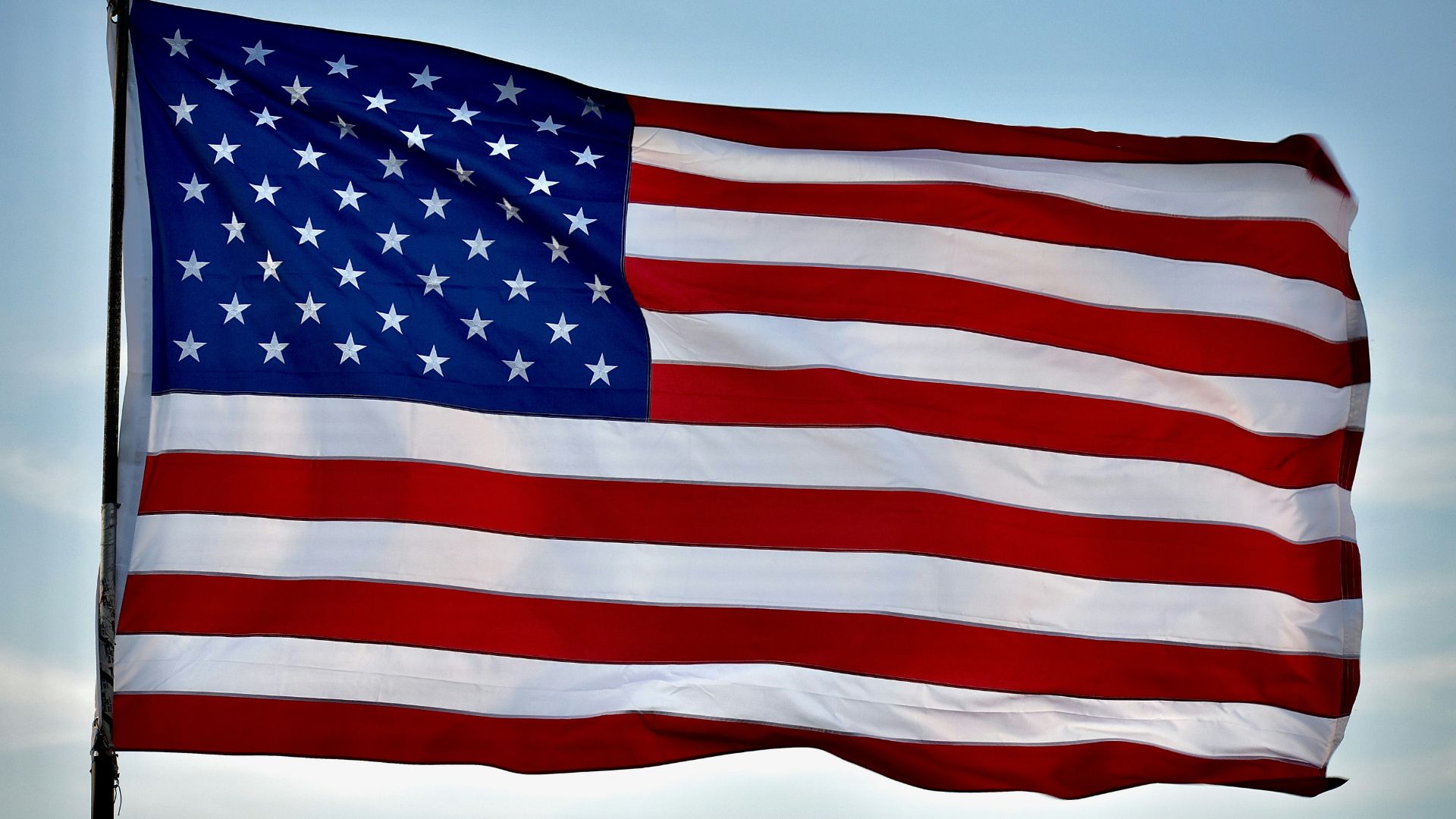
Source: Cristina Glebova/Unsplash
Though these reparations were approved a few years ago, the process of the program is still ongoing. While some Black residents have received reparations payments, others are still in the process of receiving this monetary compensation.
Evanston’s Reparations Program
This Chicago suburb approved to offer reparations to Black residents who could prove they lived, or are descendants of, residents in the city from 1919 to 1969.
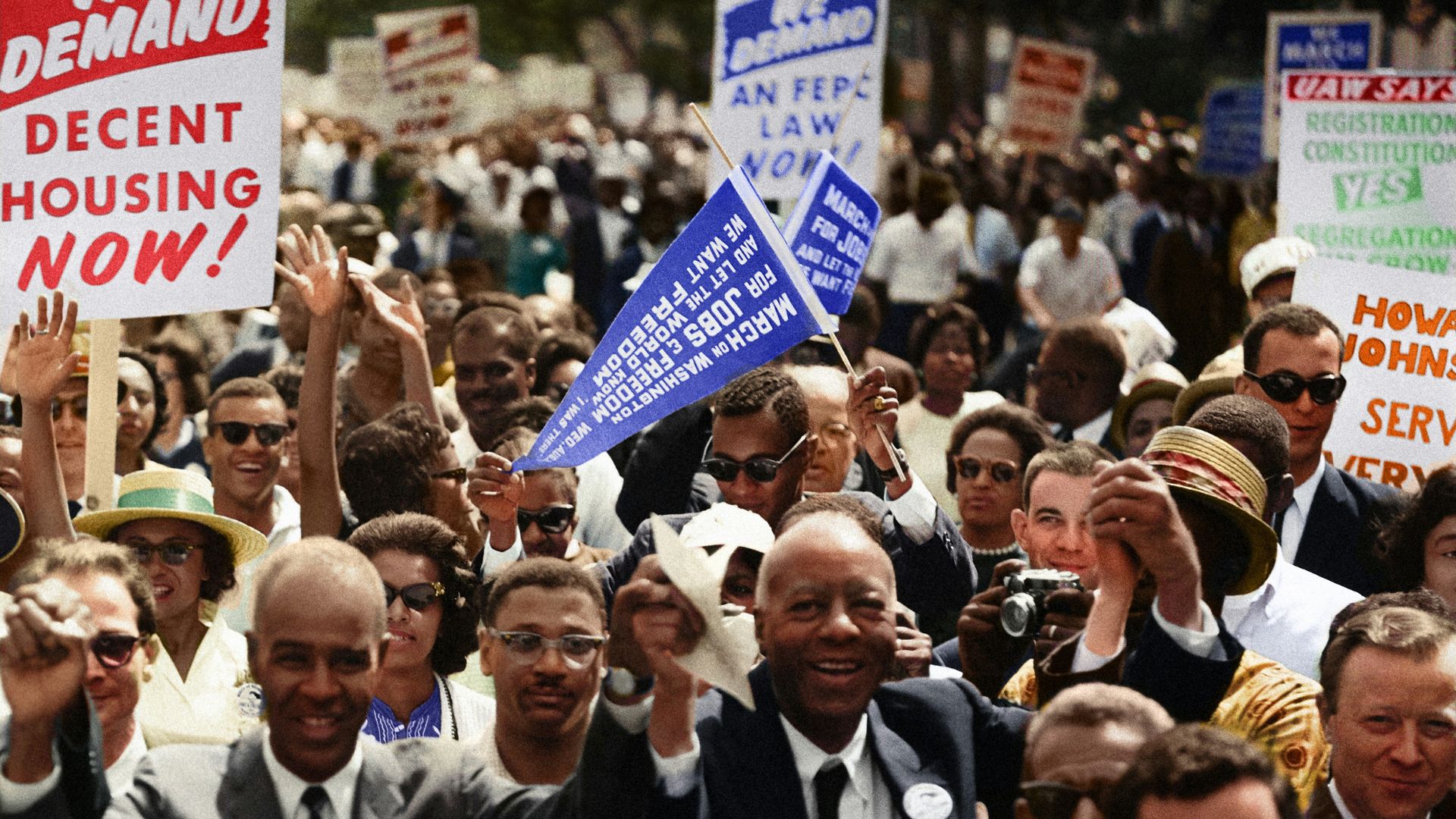
Source: Unseen Histories/Unsplash
During this period of time, the city had many discriminatory laws and policies that have been shown to have hurt housing opportunities for Black residents.
Monetary Compensation
Reparations are monetary compensation given to a group of people who have been wronged in the past. Often, it’s used in cases of institutional racism and discrimination.

Source: Colin Watts/Unsplash
Evanston’s reparations program offers qualifying Black residents up to $25,000 in this monetary compensation. While payments initially only went to housing costs, the program has been updated to include options for cash payments.
A New Lawsuit
This month, a lawsuit was filed by Judicial Watch against the City of Evanston because of this reparations program.
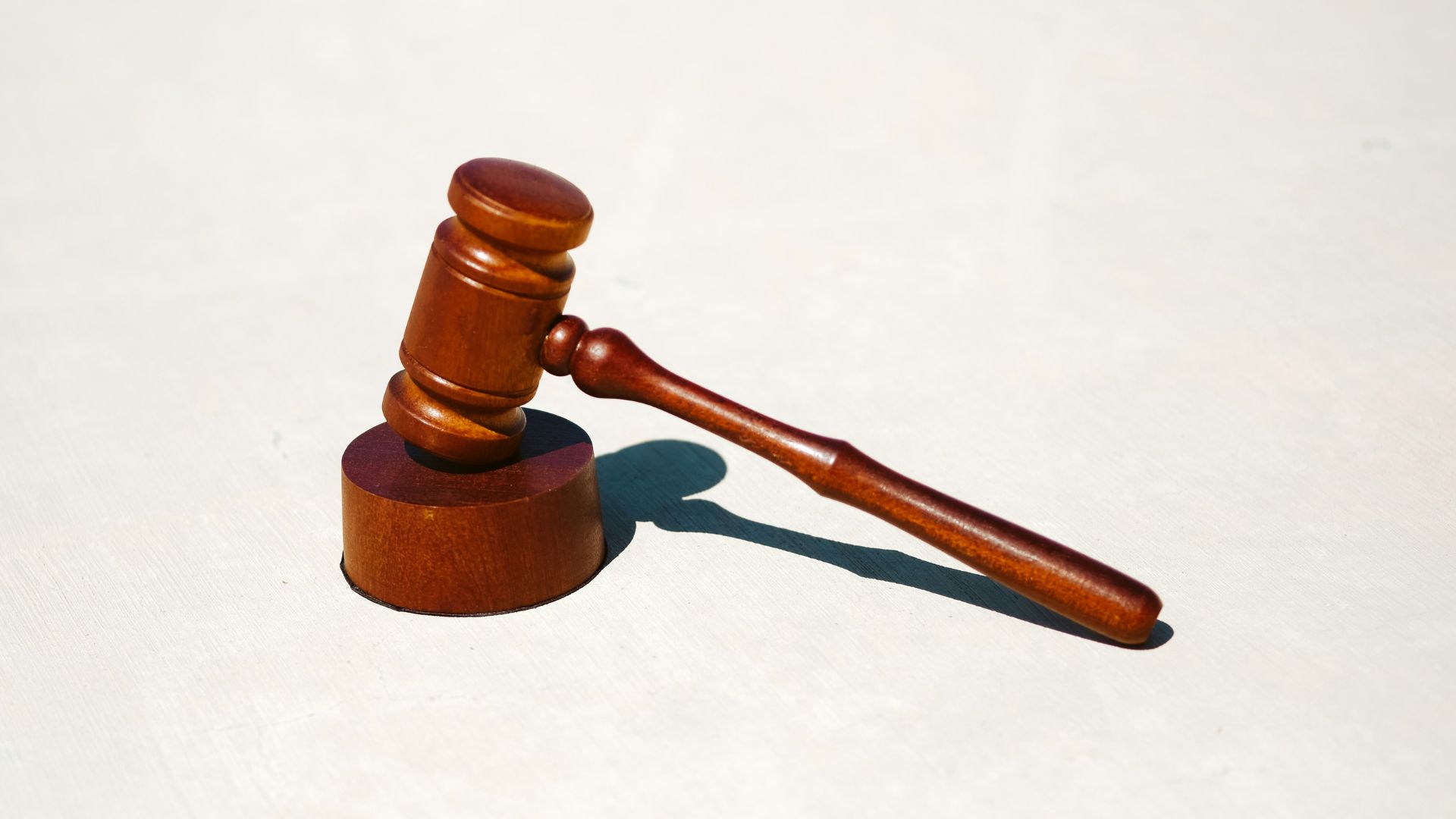
Source: Tingey Injury Law Firm/Unsplash
According to the nonprofit organization, this program violates the 14th Amendment of the U.S. Constitution. The organization has claimed that this equal protection clause violation has occurred because the reparations program looks at race when it decides on who qualifies to receive compensation.
Using Taxpayer Money
Judicial Watch has also gone after the city using taxpayer money to offer Black residents these reparations.

Source: Mackenzie Marco/Unsplash
Tom Fitton, the president of the organization, said, “The program is nothing more than a ploy to redistribute tax dollars to individuals based on race. This scheme unconstitutionally discriminates against anyone who does not identify as Black or African American. This class action, civil rights lawsuit will be a historic defense of our color-blind Constitution.”
How the Program Is Funded
Evanston uses sales tax collected from cannabis sales to fund this reparations plan. In 2019, the city pulled about $10 million in taxes to fund this program.
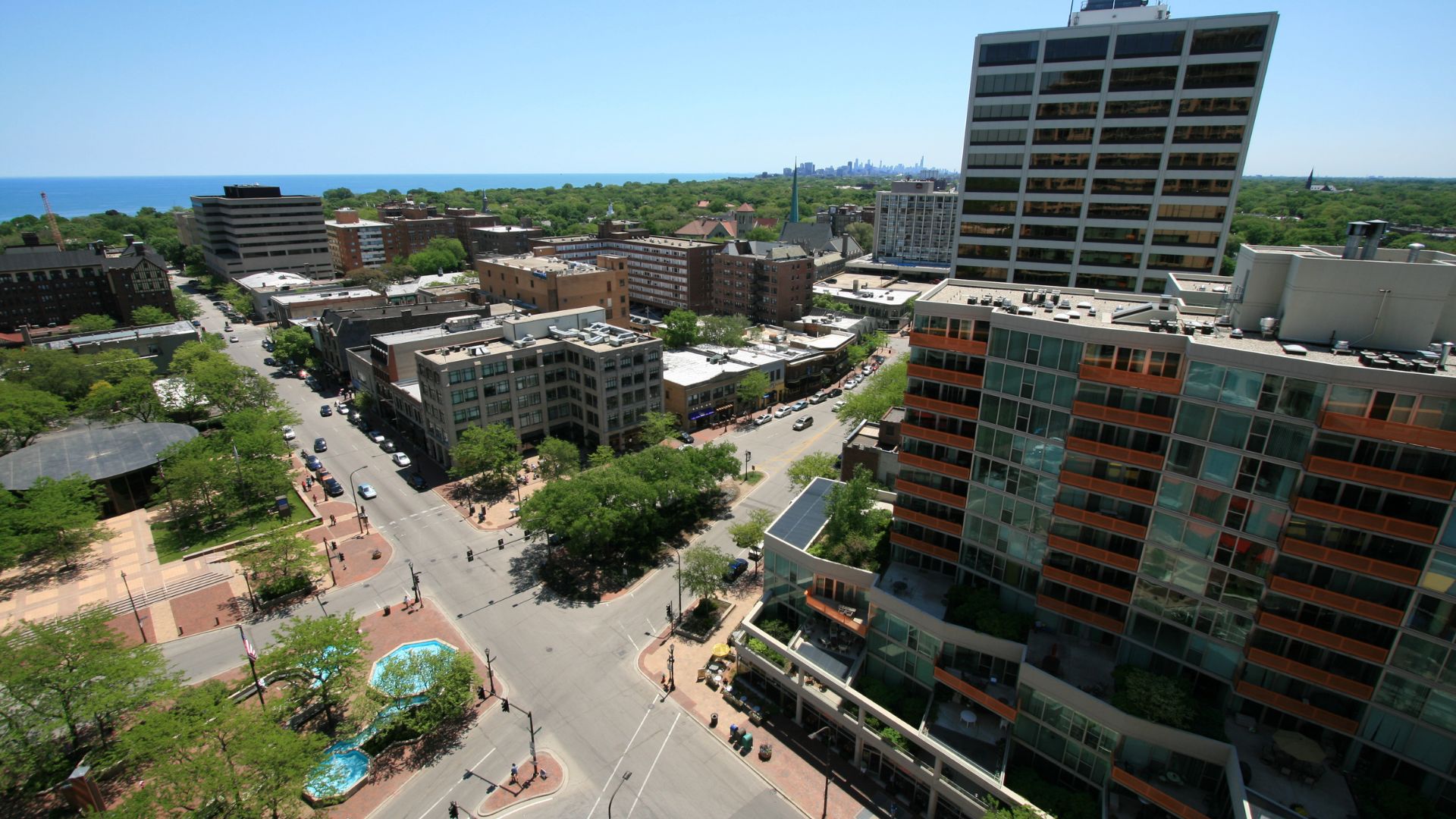
Source: Madcoverboy (talk)/Wikimedia Commons
Now, annual allocations of $1 million in cannabis sales tax are collected by the city for reparations. This will continue for 10 years.
How Much Has Been Spent So Far
Since the city approved these measures in 2021, many Black residents who have faced discrimination in the past have seen payments from Evanston.

Source: Vladimir Solomianyi/Unsplash
So far, about $1 million has been disbursed to many Black residents and their descendants. The Evanston’s Reparations Committee has stated that 129 ancestor applications have successfully received their payments, while 454 direct descendant applications have been approved.
Residents Are Waiting for Their Payments
While many Black residents of Evanston have already received their payments since this program started, others are still in the process of receiving this compensation.
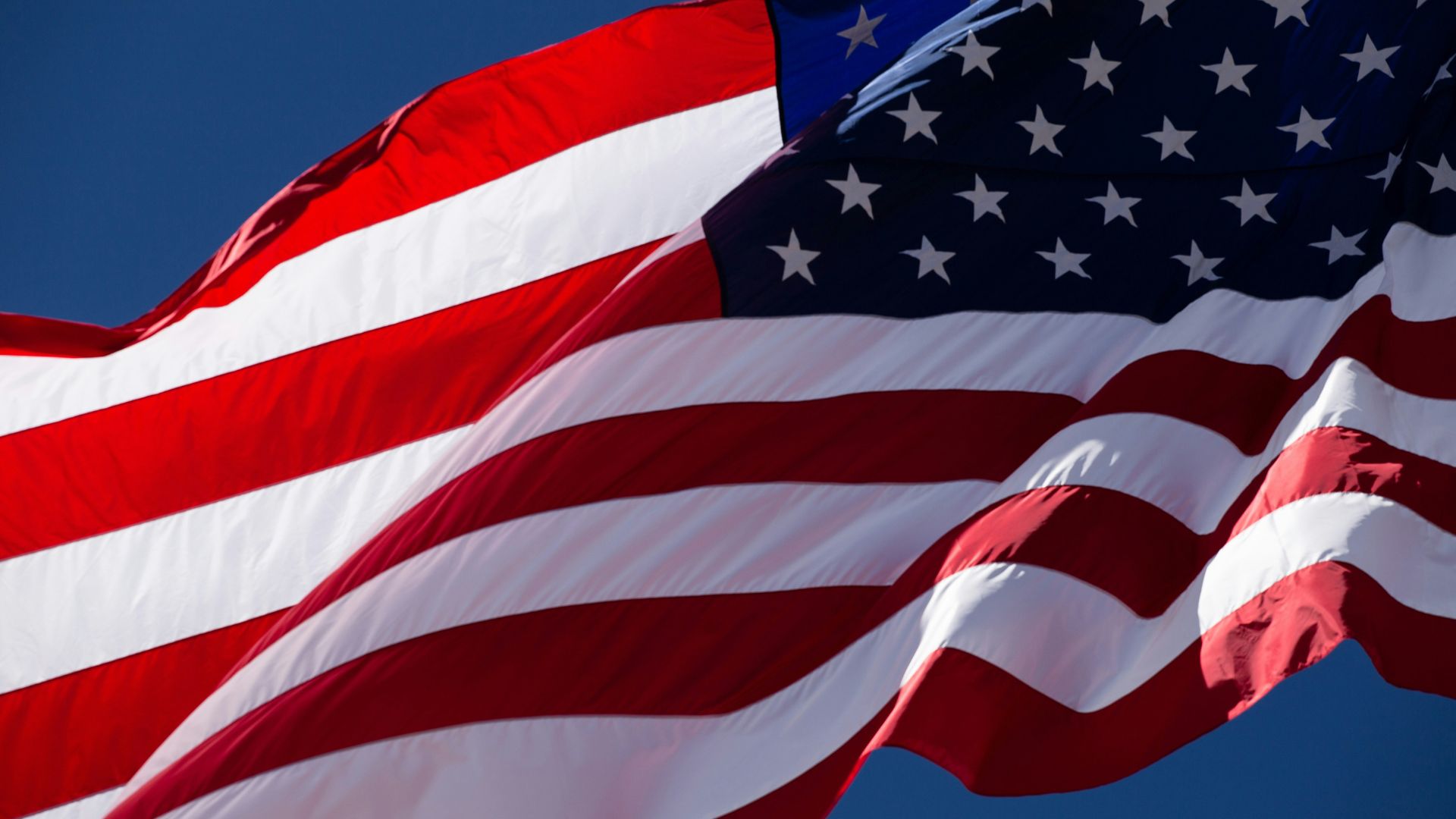
Source: Ben Mater/Unsplash
The Evanston Reparations Committee has revealed that about 80 direct descendant applicants will receive their payments in 2024.
Discrimination in Evanston
The plaintiffs that Judicial Watch is representing in this suit are also residents — or descendants of residents — who lived in Evanston between 1919 and 1969.
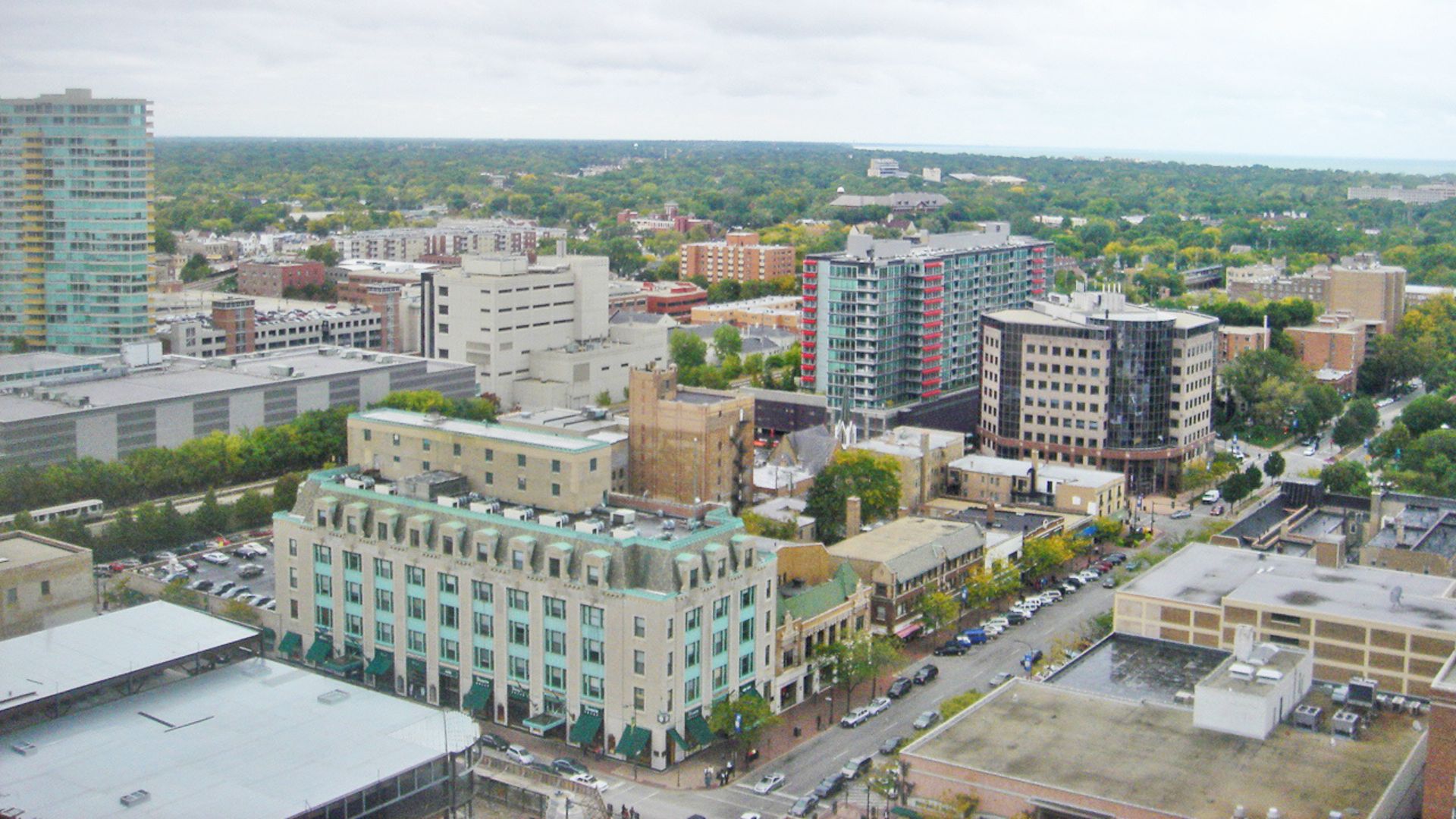
Source: Public Domain/Wikimedia Commons
According to these plaintiffs, they would qualify for these reparations because they, or their families, faced discrimination during this timeframe. However, because they are not Black, they have failed to qualify for this program.
Discrimination in the Past
The plaintiffs, therefore, believe that they should also be a part of this program, even though they are not Black residents of Evanston.

Source: Priscilla Du Preez 🇨🇦/Unsplash
The members of the lawsuit have claimed that Evanston’s “use of race as a proxy for experiencing discrimination between 1919 and 1969 does not limit eligibility to persons who actually experienced discrimination during that time period and therefore is overinclusive.”
What the Plaintiffs Are Asking For
According to this lawsuit, those involved in this case are asking for their own $25,000 payments, as they believe they qualify for this reparations program.
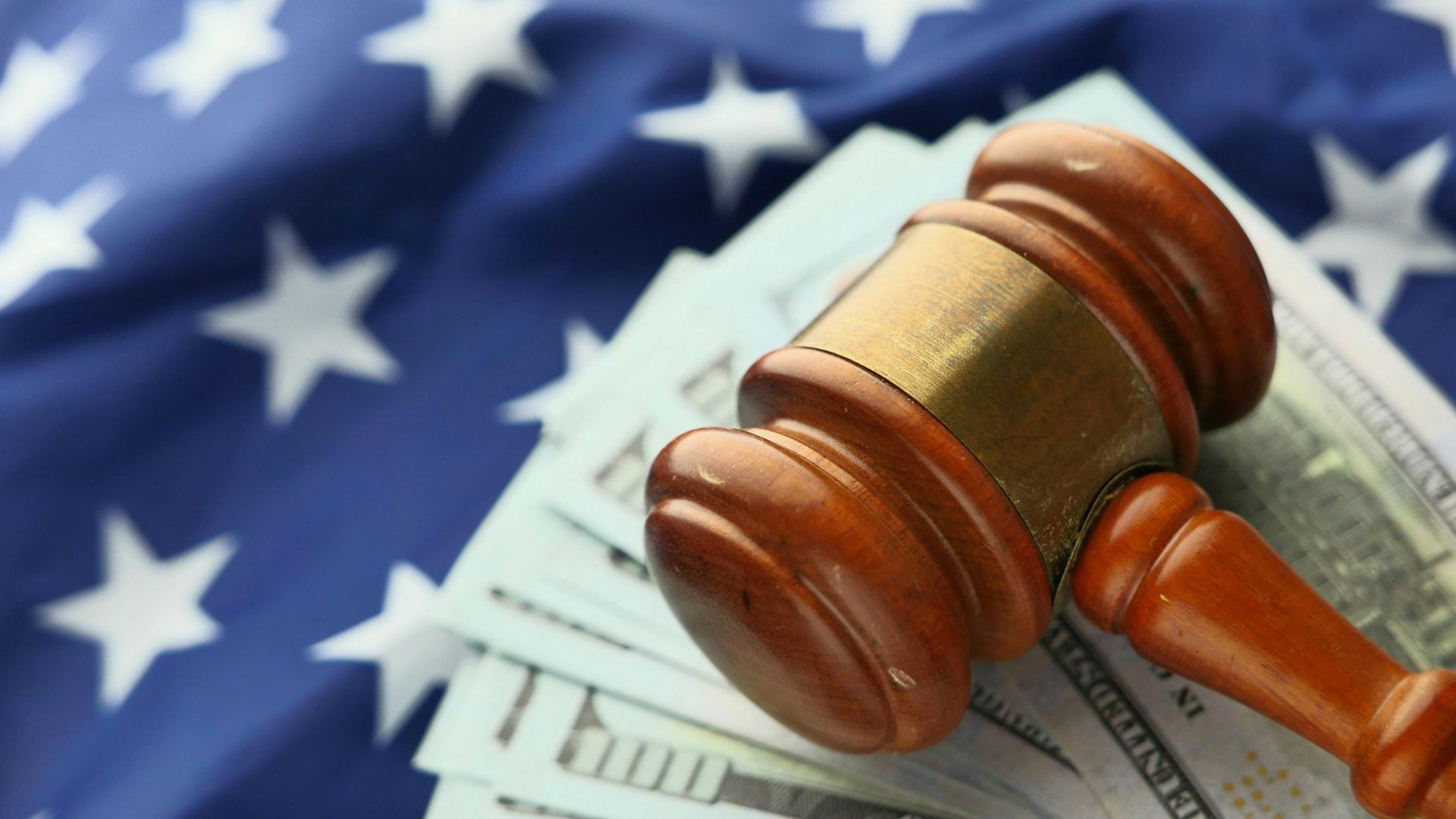
Source: Towfiqu barbhuiya/Pexels
However, they’re also seeking for the city to halt continuing this specific reparation plan, as they believe they shouldn’t use race as a requirement to receive this monetary compensation.
